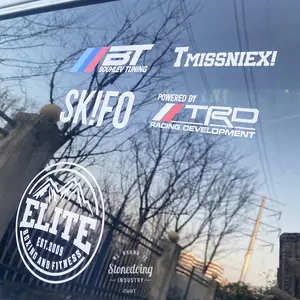
Custom Die Cut Logo Waterproof Vehicle Transfer UV Resist Outdoor Vinyl Car Decals Clear Transfer Tape 3d Car Window Stickers


UV Resistant Vehicle Vinyl Transfer Decals Stickers Custom Waterproof Cut Out Car Window Car Windshield Stickers

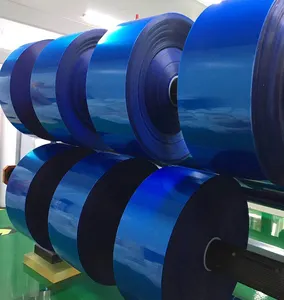
2024 Newest Product High Quality Nano Waterproof Rearview Mirror Film Anti Fogging Anti Rain Car Sticker

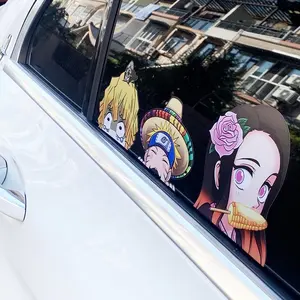
Waterproof Removable Custom Sample Design Window Family Cartoon Peeker Anime Car Decal Window Body Stickers
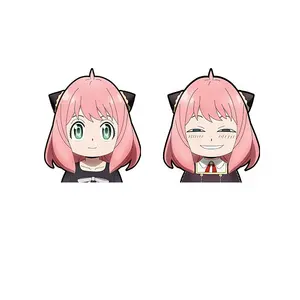
Character Anya Spy X Family Anime Sticker Cute Anime Girl Car Stickers Waterproof for Car Laptop Cup Decor
Ready to Ship
$0.50 - $1.98
Min Order: 1 set
Shipping per piece: $4.50



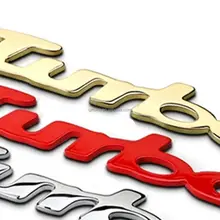



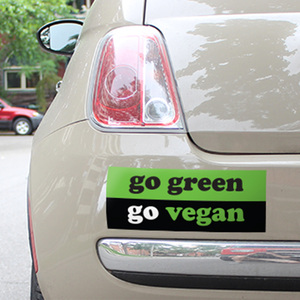












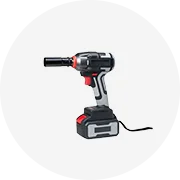









 浙公网安备 33010002000092号
浙公网安备 33010002000092号 浙B2-20120091-4
浙B2-20120091-4